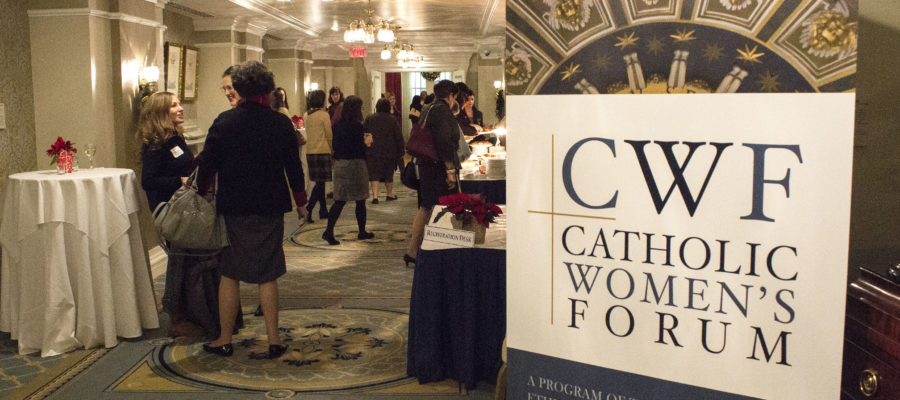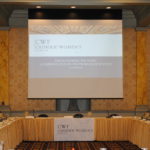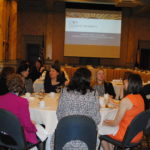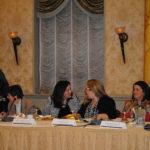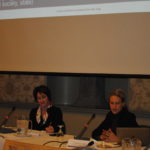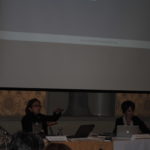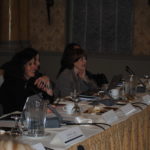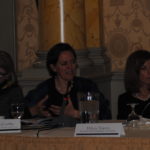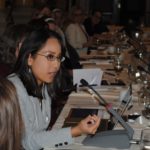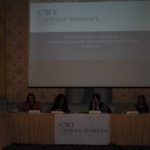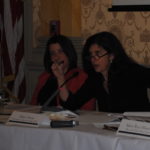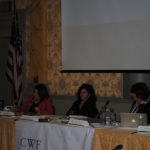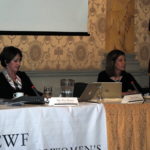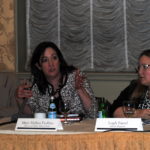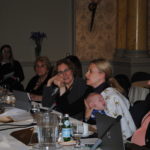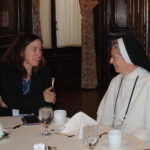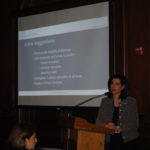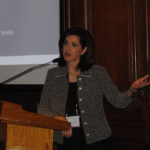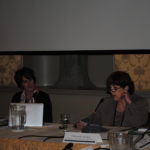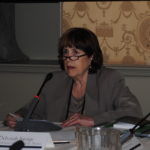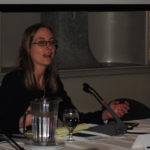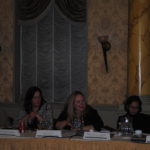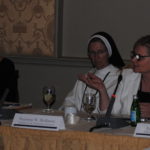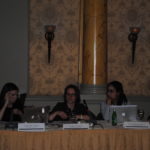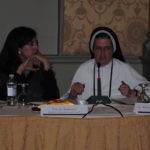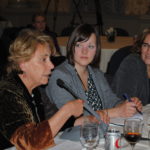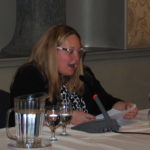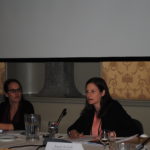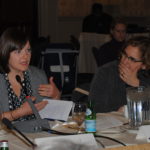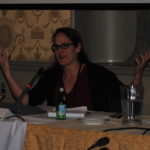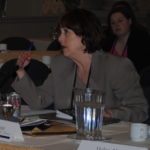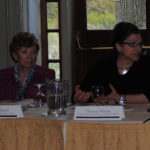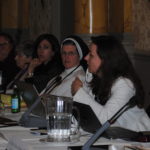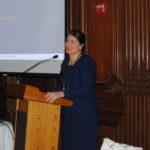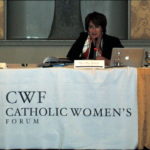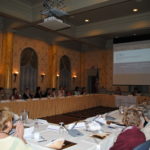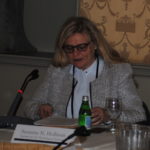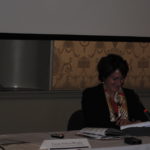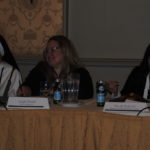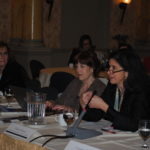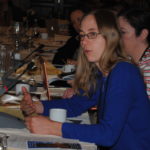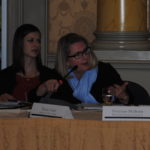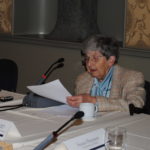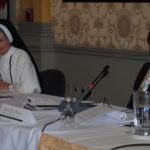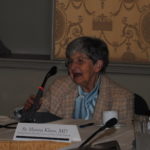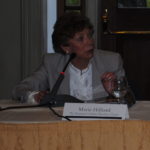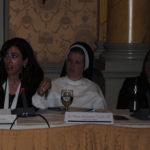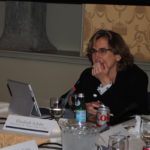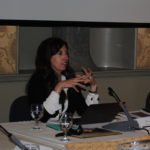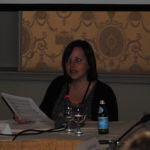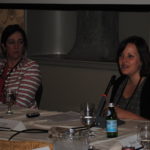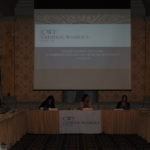2017 Symposium
A Feminine Lens on the Enduring Problem of Poverty
This two-day symposium of Catholic women scholars brought a feminine lens to the problem of poverty. Our work centered on the idea that economic policies alone, though important, offer an inadequate framework for addressing this issue. Our scholars considered the poverty of a lost cultural inheritance, wherein the allure of materialism and casual sexual norms replaced the personal, internal struggle for virtue, the traditional life script that offered the bonds of marriage and the gift of children, and solidarity with the poor in our own communities and beyond. This loss has taken a disproportionate toll upon women and their children, often leaving women and children bereft of paternal support and, in turn, fostering a troubling aimlessness among poor and working class men especially.
Meanwhile, as the mediating institutions between the individual and the state have weakened, the range of solutions has become narrow, with a dismaying focus on the government transfer of payments rather than solutions that encourage the development of the person and strengthen the family. Minority populations have been particularly hard hit by these changes—an important consideration for Catholics, as nearly half of Catholic children in the U.S. are Hispanic/Latino, and a significant percentage of them live in poverty. Women, particularly those motivated by faith, have always been at the forefront of cultural renewal, shaping hearts and minds in families and communities, and offering practical assistance to the poor and needy. Our scholars focused on the link between the Church’s preferential option for the poor and practical solutions that foster the development of virtue, responsibility, sexual integrity, and marriage as pathways out of poverty, particularly for women.
Please click the video links below for insight into the fruits this conference bore.
Panel I: What is “Poverty”? (And How Do We Measure Progress?)
Economics and Catholic Social Teaching (What is poverty?)
Catherine Pakaluk, Phd
Measuring Progress – An Integral Approach
Maria Sophia Aguirre, Phd
Panel II: Marriage
Marriage: Out of Reach for the Poor?
Helen Alvaré, JD, Meg McDonnell, MA
Reviving Marriage: A Means of Reducing Poverty
Hilary Towers, PhD
Presentation
Poverty and the Latina Experience
Nora Urrea, MBA, MMF
Panel III: What About Men?
Men at Work: Poverty, Families, and the Assault on Masculinity
Deborah Savage, PhD
Criminal Justice, Mercy, And Second Chances
Rachel Lu, PhD
Panel IV: Culture Considerations and Government Solutions
An Exchange of Gifts: The Importance of Foster Care and Adoption in Caring for the Most Vulnerable
Leigh Snead, MA
Safety-net Solutions to Poverty
Angela Rachidi, PhD
Presentation
Education: An Elusive Key to Poverty Alleviation
Luanne Zurlo, MA, MBA
Panel V: Health Care Considerations
Contraception and the Plight of the Poor
Sr. Hanna Klaus, MD
Health Care for the Poor, Two Approaches (secular v faith-based)
Sr. Diana Dreger, OP
Panel VI: Human Dignity in the Face of Poverty
Ontological Poverty and Our Attitude towards the Impoverished, Dependent, and Disabled
Susan Selner-Wright, PhD
Emotional Affliction and Poverty: Locating Human Dignity on the Margins of Society
Suzanne Hollman, PsyD
Presentation
Messaging ‘the Feminization of Poverty‘
Elizabeth Schiltz, MA, JD
Panel VII: Spiritual Perspectives on Poverty
Spiritual Poverty Amidst a Materialistic Culture
Pia de Solenni, SThD
Let the Poor Evangelize Us
Amber Lapp
